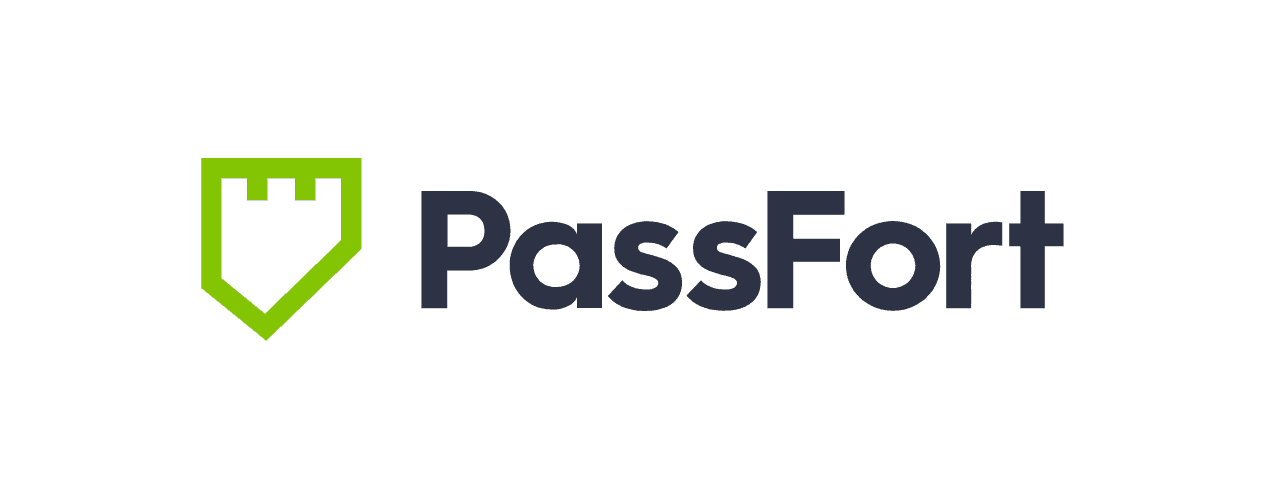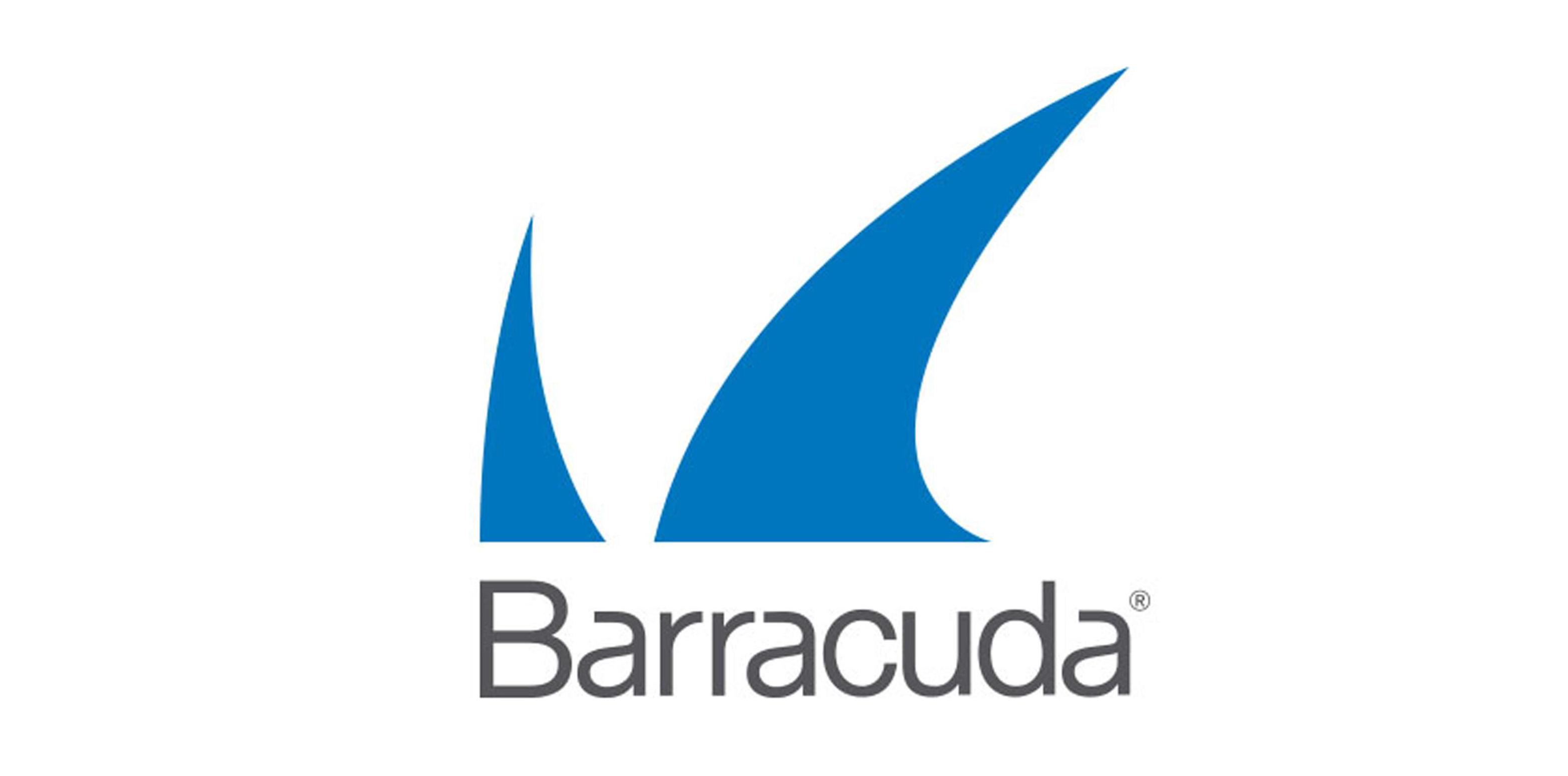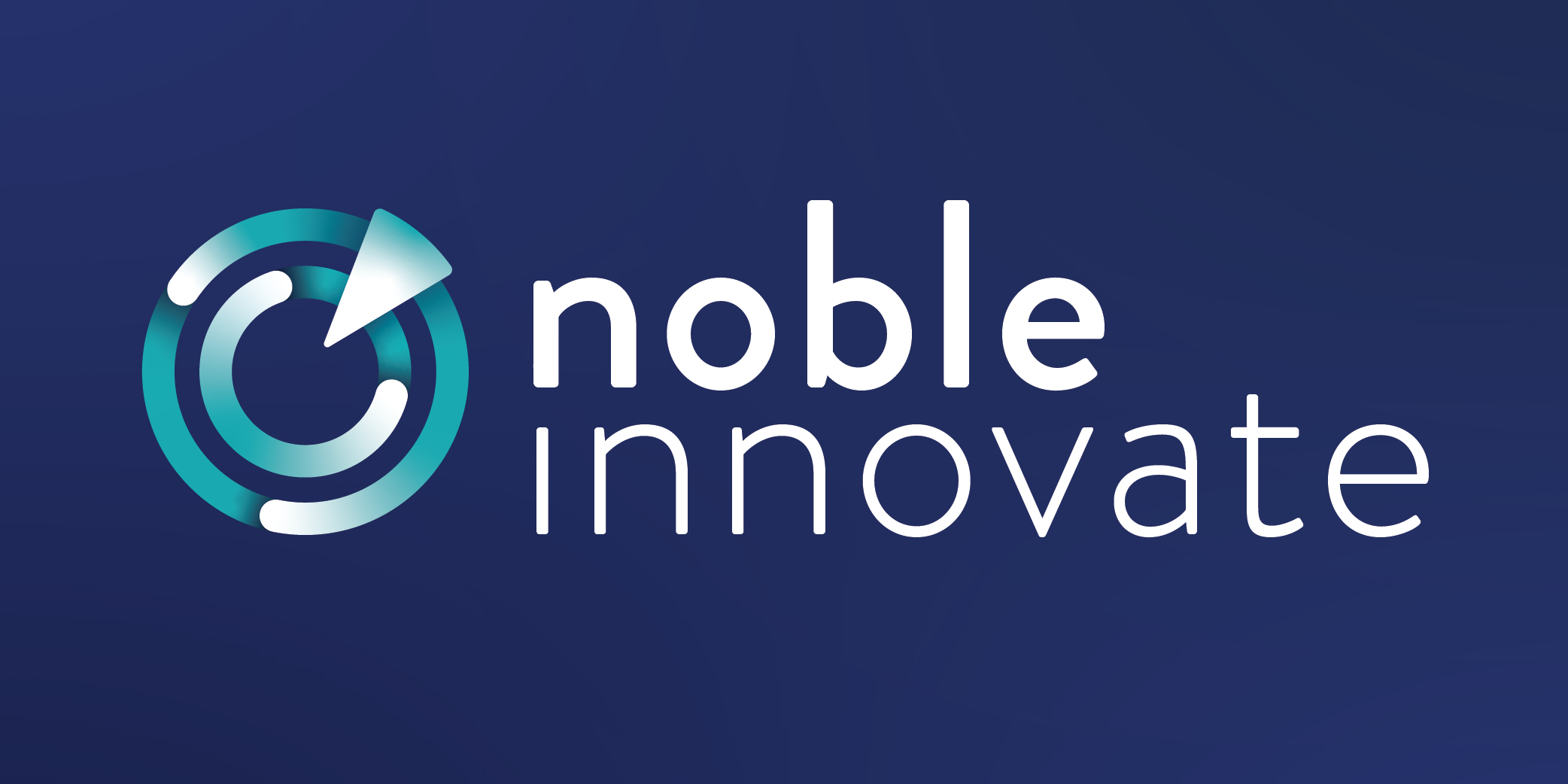Published
- 07:00 am

PassFort, the SaaS RegTech provider whose platform automates financial crime and compliance processes, today announced the close of its Series A funding, which gives the firm access to 16.2 million USD. The money will be used to realise PassFort’s global growth plans and its ambition to be the category leader in compliance automation for regulated businesses.
The $16.2 million Series A was led by the US growth equity fund, Level Equity, with participation from PassFort’s existing investors OpenOcean, Episode 1 and Entrepreneur First. $4.89 million worth of venture debt was also provided by Shard Credit Partners – with PassFort being the first investment from its newly launched UK tech-focused venture debt strategy.
The investment teams behind Level Equity and Shard Credit Partners have significant experience and a high level of confidence investing in the RegTech category PassFort now leads and are further boosting the company’s global ambitions.
The funding round follows major customer wins for PassFort, including Curve and WorldRemit, and recent senior hires in its sales and marketing functions. The company is now set for a scaleup in the implementation of its RegTech solution worldwide.
“We are excited to have secured this substantial new funding so quickly.” Said Donald Gillies, PassFort’s CEO and Co-Founder. “PassFort is currently capitalising on significant growth across the digital economy and the need for our automated compliance solutions, designed to make access to our customers’ products compliant and crime-free.”
Donald added: “It is a testament to the efforts of our team and company culture to have come through the last 12 months in a position where our products and our customer base are growing so rapidly. This helped generate the high investor demand to partner with PassFort on this next phase of growth.”
“Over the last few years, financial institutions and organisations have experienced exponential growth in business volumes and data, which has only increased the complexity in staying compliant with ever-evolving regulatory laws. In parallel, we’ve experienced an unprecedented rise in sophisticated financial crime activity as channels into financial systems have been digitized. This has underscored the importance of compliance matters such as AML/KYC, yet companies often have to weigh the trade-offs between speed, compliance and automation. PassFort has solved this challenge by providing a next-generation RegTech software solution that enables customers to offer a seamless customer onboarding experience, maintain best-in-class monitoring capabilities, and balance automation vs. human touch via its intelligent orchestration engine,” said Charles Chen, Partner at Level Equity, who will join PassFort’s board of directors. “We are thrilled to partner with the industry thought leader in this space and look forward to supporting the company’s future growth initiatives.”
William Chappel, Head of Venture Debt at Shard Credit Partners, said “We are delighted to have been able to provide financing support to PassFort and are extremely pleased to announce this as the first deal of the new Shard Credit Partners tech-focused venture debt strategy. PassFort is a name that I have followed for many years, and Donald and his team continue to build a dynamic and exciting offering. We are looking forward to working closely with PassFort as they continue to achieve strong growth milestones”.
Related News
- 06:00 am

New investment will enable ad-tech firm to ‘scale up’ and meet demand for cookieless solutions post-GDPR
· Illuma set to expand its team, products, and base of blue-chip company clients
· Blackfinch Ventures reinforces its commitment to investing in innovative tech companies
London-based llluma Technology, a contextual advertising company which uses AI to expand online campaigns by reacting to live browsing behaviour, has secured a £1.1m Series A investment from Blackfinch Ventures.
Founded in 2016 by leading data scientists and media experts, Illuma’s GDPR- compliant platform offers an alternative to cookie-based targeting which results in a better return on investment for advertisers.
Unlike other contextual ad-tech, Illuma works reactively in real-time, expanding campaigns to seek relevant new audiences based on the contexts that are proving most effective for each brand. It does this without relying on cookies, personal data or pre-built contextual segments.
The business was introduced to Blackfinch after it was chosen for capital fundraising through PwC's Raise programme.
The investment funds will allow Illuma to further scale-up its operations, including building on its pipeline of prospective clients, expanding its team, developing new products and further enhancing its proprietary technology.
Illuma’s expansion comes in response to growing demand from new and existing customers – including global brands such as Microsoft, American Express, Aviva and TUI - ahead of Google’s plans to remove cookies from its Chrome internet browser in 2023.
Commenting on the investment and the company’s growth plans, Illuma co-founder Peter Mason, said: “We are delighted to be partnering with Blackfinch, who share our vision of advancing sustainable and ethical business solutions.
“This investment comes at an exciting time for Illuma as the advertising industry considers partnerships for the cookieless future, and it will enable us to further evolve our algorithms, grow our team and develop products in areas such as Connected TV (CTV).”
Dr Reuben Wilcock, ventures director at Blackfinch, said: “We were very impressed by the calibre of Illuma’s management team, as well as its impressive track record working to deliver campaigns on behalf of a myriad of leading international brands.
“With this latest investment Illuma is now in a strong position to scale up its operations, and to continue to expand its list of blue-chip clients.
“We are delighted to have this opportunity to work alongside the business during an exciting period of growth, and very much looking forward to seeing it continue on its upward trajectory of success in the months ahead.”
Earlier this year Blackfinch Ventures completed on 12 new investment deals totalling in excess of £11 million ahead of the tax-year-end deadline in April.
A number of other deals have also been completed throughout the year, including follow on investment in commercial real estate valuation software firm Edozo.
Earlier this year Blackfinch revealed it had raised a total of GBP10.4 million through Blackfinch’s EIS Ventures Portfolios in the tax year ending April 2021, which has been invested in innovative start-up and early-stage technology companies across the UK in a variety of industry sectors.
A further GBP5.8 million was raised through its Spring Venture Capital Trust (VCT) which invests primarily in companies at the start of their growth journey.
The portfolio now includes businesses such as Candidate.ID, Staffcircle and Kokoon, as well as digital vendor management platform Brooklyn Vendor Assurance, global client engagement platform Clientshare, embedded integration platform Cyclr, real-time market research company OnePulse, and hyper-realistic text-to-speech platform LSTN.
The latest round of investments is indicative of the wider Blackfinch Group’s commitment to helping to create a more sustainable world through its own focus on environment, social and governance factors.
Dr Reuben Wilcock added: “The growing Ventures portfolio is reflective not only of Blackfinch’s commitment to investing in innovative technology driven companies that reflect our own environment, social and governance (ESG) values, but also the value that those businesses see in having us as their investment partner and the role that we can play in furthering their growth ambitions.”
Related News
- 06:00 am

· More than three quarters of cashless transactions in Germany, Austria and Switzerland are now contactless
· Bakeries and supermarkets record highest contactless payment rates
· High contactless adoption now puts DACH on a level field with the Nordics
· Smartphones and SoftPOS solutions making magnetic strips obsolete
Nets Group, one of Europe's leading PayTech companies, has published new data on contactless payment transactions in the DACH region. This region, until recently heavily reliant on cash and invoicing, has experienced a dramatic transformation in contactless adoption over the last two years.
In June 2019, overall contactless adoption in the DACH region was at just 40 per cent. This rose quickly to 71 per cent by June 2020 and by June 2021 more than three quarters of cashless transactions in Germany, Austria and Switzerland were contactless. The average contactless rate is now 77 per cent in Germany, 82 per cent in Austria and 80 per cent in Switzerland.
"The pandemic has significantly accelerated a steadily growing trend in the DACH region,” said Robert Hoffmann, CEO of Nets Merchant Services. “It was inevitable that Germany, Austria and Switzerland would ultimately achieve high levels of contactless payment adoption, but without this catalyst, it would have taken years to reach where it is today. An increasing number of merchants here are now offering and actively encouraging tap-and-go, which is becoming the norm for consumers."
Such high levels of overall contactless adoption put the DACH region on a level field with the Nordics, which, despite being a highly digitised society, has also seen significant growth in contactless payments over the past two years. In January 2020, average contactless adoption in the Nordics was at 56 per cent. This grew to 75 per cent by January 2021. Norway saw extreme growth, with only 35 per cent contactless adoption in January 2020 rising to 79 per cent in January 2021.
For merchants and their customers, these behavioural trends have brought significant benefits, including a faster checkout and shorter waiting times. This is evident at supermarkets and bakeries, where almost everyone pays contactlessly (87 per cent at supermarkets and 94 per cent at bakeries, across the three DACH countries) when paying with a card or smartphone.
In most cases, neither PIN nor signature is necessary for amounts under €50, making the payment process far simpler and more convenient for all parties. Merchants also benefit from automated reporting, an overview of all payment flows on mobile devices and streamlined accounting processes.
Hoffmann believes it is not just convenience and speed that will continue to increase contactless adoption: "An increasingly customer-centric product and solution development process means payments will continue to become smarter and more digital. New SoftPOS solutions, which let consumers pay via mobile apps, will ultimately see magnetic stripes and EMV® contact chips used only in exceptional cases for cashless payments at the checkout, or disappearing entirely. The future of payments is contactless."
Related News
- 08:00 am

Qumulo, the breakthrough leader in radically simplifying enterprise file data management across hybrid cloud environments, today announced that Portalliance Engineering has selected the Qumulo® File Data Platform to strengthen its high-density computing services offering. By bolstering its solution with Qumulo’s high-performance file data platform, Portalliance Engineering is now able to perform high-density computing directly from the storage array, making the service available to customers across a variety of industries.
“We chose Qumulo because it helped us expand our services for customers who need constant power to perform intensive computing projects on a regular basis," said Vincent Julié, Chief Innovation Officer at Portalliance Engineering.
Portalliance Engineering deployed its first Qumulo array in September 2020. It currently has a capacity of 160 TB. Qumulo's ability to handle both large and small files was a key factor in Portalliance Engineering's choice. The API offered by Qumulo also tipped the scales.
"Some NAS solutions perform well on large files, others on small ones, but Qumulo is good on both. That was the first factor that really counted for us because it meant we could perform computing directly from the storage array. No more jumping back and forth between the array and the servers, with all the risks of losing information that this entails. The Qumulo API is very rich and well documented. It allows us to go further in our DevOps approach and make our customers even more autonomous in launching new calculations," said Julié.
Opting for a diversification strategy, Portalliance Engineering offers its expertise and computing power to new sectors of activity. After signing up two customers in a sector that is very demanding in terms of computing power and storage, Portalliance Engineering saw its storage rack, built from NAS solutions, reach its limits particularly in terms of performance. This evolution towards other sectors of activity confronted the company with storage issues and led them to abandon their existing infrastructure in favor of Qumulo.
Portalliance Engineering was founded in Toulouse in 2006 and specializes in the
modeling and digital simulation of structural calculations. The SME is particularly active in the space and aeronautics sectors where its expertise allows it to simulate and anticipate the constraints inside the material. Part of the Airbus group since its acquisition in 2018 by the aeronautics subcontractor Stelia, the company employs 35 people for a turnover of about 3.2 million euros. For the past two years or so, it has been seeking to diversify by offering its expertise and computing power to new sectors of activity, a development that has led it to a switch from its existing storage infrastructure to the Qumulo File Data Platform.
Related News
- 07:00 am

Organisations are struggling with network breaches, ransomware attacks, remote work, and more, says new report from Barracuda
More than two-thirds (70 per cent) of UK businesses have been the victim of a successful network security attack in the last year, and 65 per cent have been the victim of at least one ransomware attack in the last 12 months, according to new research from Barracuda Networks, a trusted partner and leading provider of cloud-enabled security solutions.
These findings were released today in a new report titled: “The state of network security in 2021.” Commissioned by Barracuda, the research surveyed 100 UK IT decision makers responsible for their organisation’s networking, public cloud, and security to get their perspectives on cloud adoption, working from home, security concerns, and a variety of issues and challenges related to cybersecurity risks.
The data revealed that a significant 80 per cent of respondents with company-issued devices share their home internet connection with other members of their household, posing a significant security risk. Furthermore, one third (34 per cent) of UK companies do not issue company devices, and instead operated a bring your own device (BYOD) policy, and an additional 43 per cent of companies do issue company devices, but still allow BYOD for some use cases such as email.
What’s more, remote working is set to continue, with over nine in 10 (94 per cent) IT decision makers revealing that the majority of their workforce are likely to continue remote working for at least one or two days a week. 34 per cent will even remain working from a remote environment on a full time basis.
To help overcome work-from-home challenges, the report revealed that Secure Access Service Edge (SASE) technologies are being prioritised to prevent security breaches and overcome work from home challenges.
In fact, 97 per cent of UK IT decision makers have already deployed or plan to deploy of Software Defined Wide Area Network (SD-WAN), Zero Trust Network Access (ZTNA) and Extended Detection and Response Solution (XDR).
Tim Jefferson, SVP, Engineering for Data, Networks and Application Security, Barracuda:
“Organisations are experiencing a high level of network breaches and facing ongoing connectivity and security challenges as they adapt to hybrid work environments,”
“But, they are realising that moving to SaaS applications and the public cloud improves both the user experience and security, so they’re starting to embrace new SASE technologies.”
Related News
- 08:00 am

Noble Innovate, the company focused on innovation through making better decisions, launches Axios3, a unique decision making programme specialising in developing people’s innovatory skills, enabling them to generate insight, understanding, and apply them to improve outcomes in their business and personal lives.
Innovation has become a widely misunderstood and highly commercialised concept, often thought to be reserved for ‘big tech’ rather than individuals. Noble Innovate believes that everybody is an expert serial innovator, as they judge, choose and determine their actions in a world of infinite complexity and uncertainty.
Axios3 is based on the premise that the line between success and failure in business is often very thin, and the best way to create more consistent success is by helping the people in that business make better decisions.
The fine line that Axios3 seeks to define is not one that can be revealed by computational force, big data or better algorithms. Technological progress can blind people to the simple truth that it is they who give meaning to information, and in seeking understanding, they innovate. Axios3 combines a specific set of skills and tools to guide people on a path from insight to innovation, and back again.
Noble Innovate will primarily be working with technology and finance businesses throughout the UK, EMEA and the United States.
David Noble, founder of Noble Innovate, said: “Axios3 enables every business to innovate. We believe that decision making is the skill that enables all other skills. Poor decision making constantly undermines every company in ways that rarely get attention - opportunities denied, profit withheld, and reputational damage. We rarely consider these costs because of their nature and scale.
“Axios3 revitalises our skills and tools of sense-making; it renews a practice of innovation in the way we interpret the world, creating an undeniable and simplifying force from the experience of understanding. We show people that they already possess a skill set that makes them the most sophisticated decision generator ever created.”
Related News
- 09:00 am

Crowdfunding campaign for ekko’s debit card and app turning the tide on climate change
ekko’s crowdfunding campaign for its climate-friendly debit card and app is now open. Fuelled by its successful pre-registration campaign, ekko’s funding round on Seedrs will close in up to four weeks’ time.
The company is raising via crowdfunding, which is in addition to funds already raised to launch the brand and build its product. Investors can visit ekko’s crowdfunding page on Seedrs which contains information on the company and latest company news.
ekko is backed by Mastercard and the first UK fintech company to become a Priceless Planet Coalition partner. By 2025, the Priceless Planet Coalition aims to restore 100 million trees. Every newly planted tree is maintained for years after its planted, to ensure that it lives a long and healthy life and has a beneficial impact on the environment.
Oli Cook, co-founder and CEO of ekko said: “We're on a mission to make it simple for everyone to fight climate change. We're starting with a debit card that plants trees and clears ocean-bound plastic bottles, but our goals go far beyond this. Through this funding round, we hope to bring on board engaged investors who want to be part of our journey."
ekko provides a debit card, app and ecosystem that empowers consumers to make a difference in the fight against climate change. Consumers can feel good about doing good, through routine actions like shopping, banking, or paying bills. Every five transactions paying for one ocean-bound plastic bottle to be collected and every fifty transactions paying for a tree to be planted and maintained.
The accompanying ekko app keeps users up to date with their green activity, tracks their progress and monitors their carbon footprint via a carbon meter.
Related News
- 08:00 am

- New research from digital bank Zopa finds that a large swathe of UK consumers would use Open Banking to get better, easier, or faster access to credit despite its low awareness
- The introduction of Open Banking to previously untapped verticals such as access to credit could spearhead wider adoption amongst UK consumers and reach 40 million active users by 2025
- Zopa’s Open Banking partnership with ClearScore resulted in a 37% increase in the number of users eligible to apply for a Zopa credit card
- The findings of Zopa’s Open Banking Report highlight the enormous and untapped potential of Open Banking to provide improved access to credit during and post the Covid-19 pandemic
As new lending begins to overtake the repayment boom seen during the pandemic, new research from digital bank Zopa finds that over 40% of UK consumers would make use of Open Banking to apply for credit if it improved their chances of getting an offer, gave them access to better rates, or made the application faster and hassle free.
Despite that, 8 out of 10 consumers have never knowingly used Open Banking. This disconnect reveals a strong demand for the benefits that Open Banking can bring customers, despite a lack of awareness of its underlying proposition.
The Open Banking ecosystem already benefits nearly 4 million active users and is growing due to stable APIs, new consumer facing applications, and the UK’s forward-looking regulation.
So far adoption has mainly been driven by use of account aggregation services – by far the simplest and most popular use of Open Banking today. Aggregation has a positive impact on customers, with 50% stating that viewing all their banking products in one place makes them feel more secure.
Research shows that UK consumers currently use Open Banking to:
- To view all bank accounts in one place – 34%
- To keep an eye on all savings and investments – 28%
- To move money between bank accounts and savings – 27%
However, Zopa’s latest research finds that the introduction of Open Banking to previously untapped customer needs, like access to credit, could rapidly accelerate this adoption, benefitting up to 40 million active users by 2025*.
The research shows that UK consumers would use Open Banking to apply for credit if it helped them:
- Simplify the application, making the application faster and hassle free - 44%
- Unlock better rates, accessing better rates on financial products - 43%
- Secure an offer, improving their chances of getting an offer from a lender - 40%
Zopa’s report [LINK] on Open Banking suggests that these benefits are often best delivered when fintechs work together to deliver customer value in a simple, easy to use way.
A good example is Zopa’s partnership with ClearScore, which used Open Banking to assess eligibility for Zopa’s credit card. This resulted in a 37% increase in the number of users eligible to apply for a Zopa credit card, improving financial inclusion for thousands of new customers who may have previously been declined due to thin files. Within one week of roll out, more than 43,000 ClearScore users saw a Zopa offer which would not have been available to them based on credit report data alone.
Tim Waterman, Chief Commercial Officer at Zopa, said: “We are pleased to be part of a group of fintechs at the forefront of innovation, bringing the benefits of Open Banking to millions of new customers. We already use Open Banking verification to ease application journeys and to power tools like Borrowing Power which help our customers improve their financial health.”
“By using Open Banking to calculate credit eligibility for the first time, we are helping thousands more customers access our award-winning credit products in a way which they may not have been eligible to previously. We believe this further supports our vision to build the best place for money in the UK”.
Zopa currently serves half a million customers. Since acquiring its full banking licence in June 2020, it has attracted more than £600m in customer deposits for its fixed term savings accounts, issued 130,000 of its British Bank Award-winning credit cards, and became a top 10 credit card issuer. It is currently approving 15,000 new credit cards every month.
Related News
- 07:00 am

Applied Graphene Materials (AGM) specialises in providing graphene in the form of dispersions of nanoplatelets that can be readily incorporated by customers into their products. It is initially concentrating on the global protective coatings and composite materials markets where the financial benefits of the performance enhancements achievable from incorporating graphene may be calculated, encouraging adoption.
AGM's commercialisation strategy addresses the key issues delaying graphene adoption. (1) Although its products have attracted interest from potential customers in a diverse range of markets, AGM is currently focusing primarily on the global protective coatings market where it has recently established a global network of distributors to accelerate roll-out. (2) Rather than investing in the development and marketing of end-products containing graphene, AGM is selling graphene additive dispersions to customers with extensive experience of the coatings market, which use the material to enhance the performance of their products. (3) AGM sells customers graphene formatted as additive dispersions of nanoplatelets. This makes it easier for them to incorporate graphene in their products in a repeatable, consistent fashion at volume, thus helping cut the time it takes for customers to develop their graphene-enhanced products. Similarly, AGM is engaged in programmes incorporating graphene into composite materials used in the aerospace industry and into thermal adhesives for a broad range of applications.
Click here to view the full report or here to sign up to receive research as it is published.
Related News
- 08:00 am

Temenos Transact Next-Generation Core Banking with Red Hat OpenShift Now Available on IBM Cloud
Temenos, the banking software company, today announced the availability of Temenos Transact next-generation core banking with Red Hat OpenShift on IBM Cloud, to accelerate hybrid cloud adoption within the financial services industry. Temenos Transact provides a clear modernization path for banks to adopt a cloud strategy for their core banking systems and take advantage of advanced technologies. The cloud-native banking platform uses Explainable AI and machine learning to offer corporate and retail banking, wealth management, and treasury functionality to financial services institutions across the retail, corporate, treasury, wealth, and payments sectors while helping to lower operating costs.
As banks balance the need to drive innovation by delivering high-value services and the industry's strict security and compliance requirements, hybrid cloud environments have become increasingly important. By onboarding to IBM Cloud, Temenos will use IBM’s industry-leading security capabilities, including confidential computing technology and 'Keep Your Own Key' encryption. Delivered via IBM Hyper Protect Services[1] and backed by the highest level of security certification commercially available, these capabilities ensure that financial institutions retain control of their data.
Additionally, Temenos intends to join a growing ecosystem of partners supporting the IBM Cloud for Financial Services and will onboard its offerings to the platform. IBM Cloud for Financial Services is designed to help financial services institutions address the industry’s stringent compliance, security and resiliency requirements while supporting business transformation and innovation. The ecosystem aims to help financial institutions transact with technology vendors that have met the platform's stringent requirements.
Supporting a mutual vision for increasing innovation in the financial services industry, IBM Global Business Services (GBS) created a new Temenos Services Practice. This unit uses IBM technology and Temenos implementation to deliver long-term value for customers. The GBS Temenos Services Practice offers banks resources designed to increase profitability, reduce costs, and offer the flexibility to support future business growth.
Philip Barnett, President of Strategic Growth and Member of Executive Committee at Temenos, said: "We are delighted to extend our leadership in the cloud by bringing Temenos Transact to the IBM Cloud and also join the IBM Cloud for Financial Services ecosystem. This expanded collaboration will help banks accelerate their move to the cloud and the benefits of a modern cloud-native banking platform. With Temenos' AI-powered, API-first technology, banks can innovate faster, open up new business models, and achieve industry-leading cost/income ratios. Integration with IBM Cloud demonstrates that our cloud-agnostic banking platform enables banks to pursue a multi-cloud strategy and have the highest levels of active-active resilience with the cloud provider of their choice."
Hillery Hunter, Vice President and CTO, IBM Cloud, added: "We've been teaming with Temenos successfully for decades to help financial institutions around the world deploy next-generation banking technology, reduce costs and exploit new pockets of profitability. By deploying Temenos Transact with Red Hat OpenShift and IBM Hyper Protect on IBM Cloud, and leveraging our GBS Temenos Services Practice, customers can take advantage of IBM's leadership in cloud, security and professional services to provide personalized, innovative offerings while protecting data in the cloud."
Kelly Switt, Senior Director, FSI Ecosystem and Strategic Partnerships, Red Hat, said: “Red Hat is pleased to collaborate with Temenos to enable the next evolution of financial services based on open source technology. Red Hat OpenShift, the industry’s leading enterprise Kubernetes platform, offers a strong foundation for financial institutions to innovate and scale in a fast-paced industry. By combining the power of Red Hat OpenShift with leading cloud-native banking solutions like Temenos Transact, financial institutions can capitalize on the opportunity of open hybrid cloud to unlock new business and meet customer demands.
Temenos Transact is a cloud-native, cloud-agnostic core banking solution providing functionality across the retail, corporate, treasury, wealth, and payments sectors. Temenos serves over 3000 financial institutions worldwide, including 41 of the top 50 banks.









